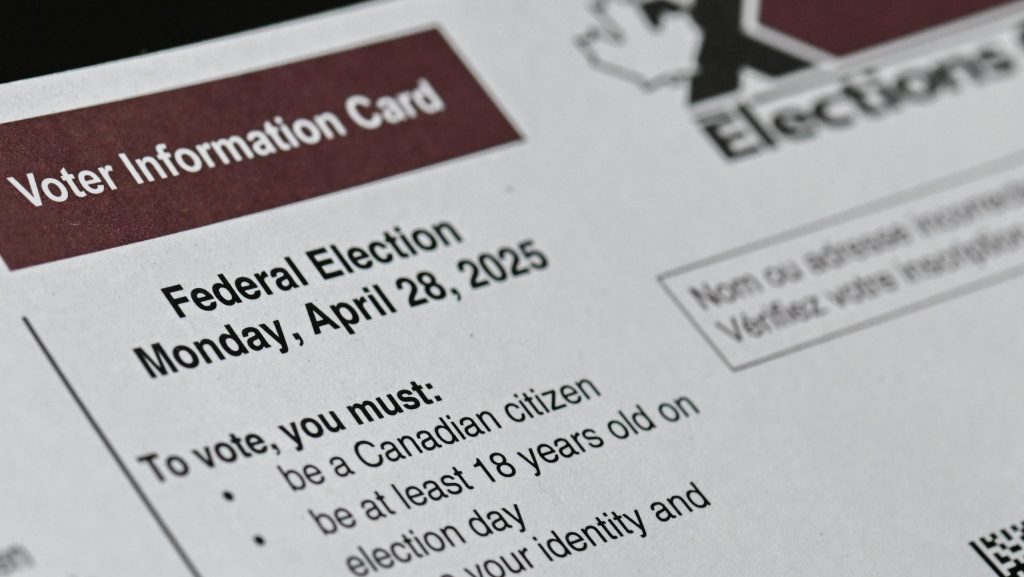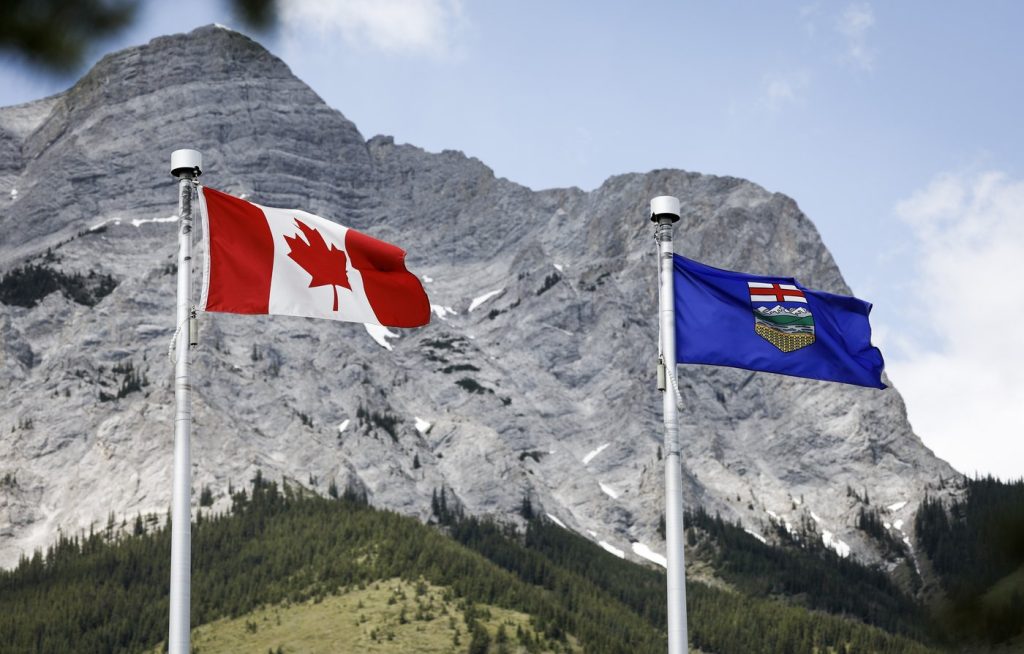Monday is the last day of advance voting ahead of next week’s federal election

Posted April 21, 2025 8:09 am.
Last Updated April 21, 2025 8:04 pm.
Time is running out for voters to cast their ballots ahead of the April 28 federal election, and if advance voting numbers are any indication, Canada could see a record turnout.
Friday marked the first of four days of advance voting. Elections Canada says over two million people nationwide turned out on that day alone, adding that preliminary figures show similar figures for Saturday.
“Things are complicated at the moment, so it’s important to go out and speak your piece,” said one Edmonton voter CityNews spoke to.
The demand for ballots comes at a time when Canada’s sovereignty has been threatened for months, the nation is in the midst of a deepening trade war started by the U.S., and the economy remains a top concern for many amid an affordability crisis.
“Everything that’s going on in the world and with our neighbours, the U.S. It’s crucial all the time, but even more so now, everyone needs to get out and vote,” said another Edmonton voter.
James Hale handles media relations for Elections Canada and says the numbers around voter turnout are something the federal agency hasn’t seen before.
“[Friday] was the largest single day and by quite a wide margin. I think it’s about between 25 and 30 per cent higher than the previous single day,” he said.
He cautions not to do a deep dive on the numbers.
“There are so many factors that go into it, especially this year, it being on a long weekend for most people. Also, the fact that a lot of university voting-age students are back home so they didn’t vote on campus. The campus voting numbers were significantly lower than in previous years,” he explained.
“And there’s no question politics has been more in the news in this election cycle than it has been in some other cycles. I always warn people about reading too much into the tea leaves. We’ll have to wait for the final count at the end of the election to see what the actual turnout is.”
Hale adds that the demand for special ballots — for those who are living or posted abroad — is also up.
“Both requested and the ones that have been completed and sent back, that number is significantly higher than previous elections as well.”
Just last week, B.C. Premier David Eby called this election the “most consequential” in Canadian history.
“Every Canadian … is approaching this ballot … understanding the seriousness of the question ahead of them, the direction of the country, and I encourage people to get out and vote, regardless of which party they support,” said Eby.
A comment echoed by Hale.
“It would be hard to deny that. Certainly, I don’t know a ‘consequential’ election in the minds of people in quite a while. It’s heartening to see that big of a turnout,” he said.
Federal election day is April 28. Make sure to check out the CityNews guide to the 45th federal Canadian election here.
With files from Michelle Meiklejohn and Darcy Ropchan.








